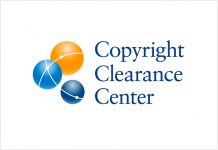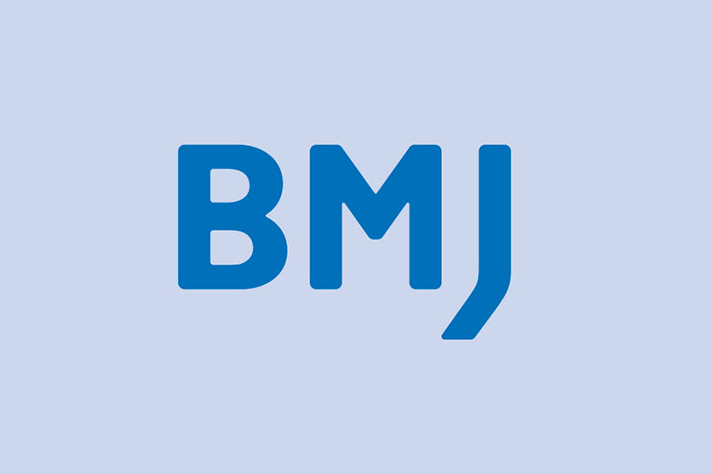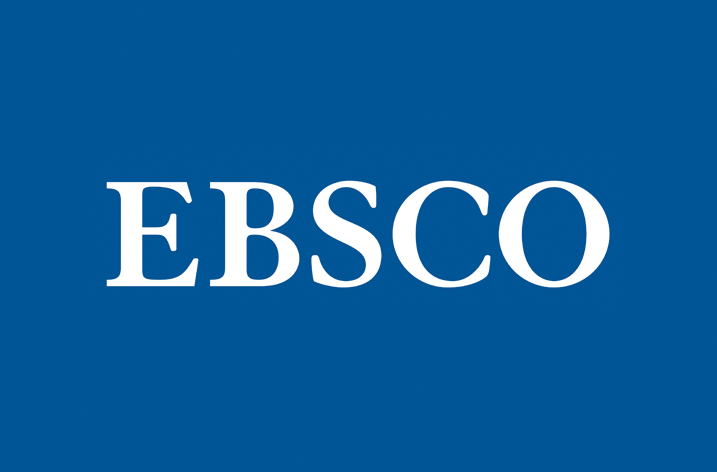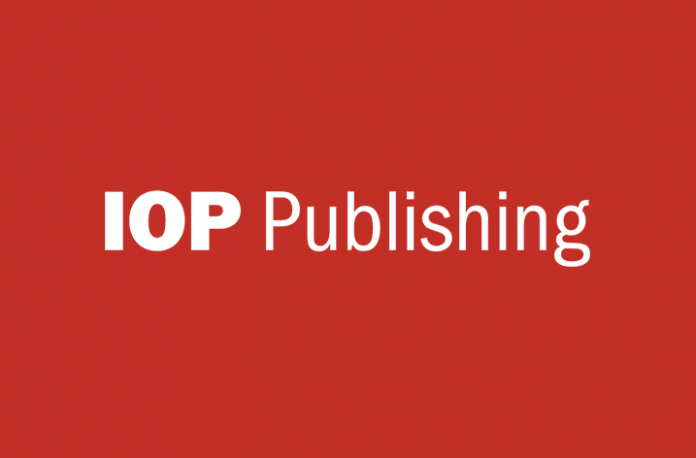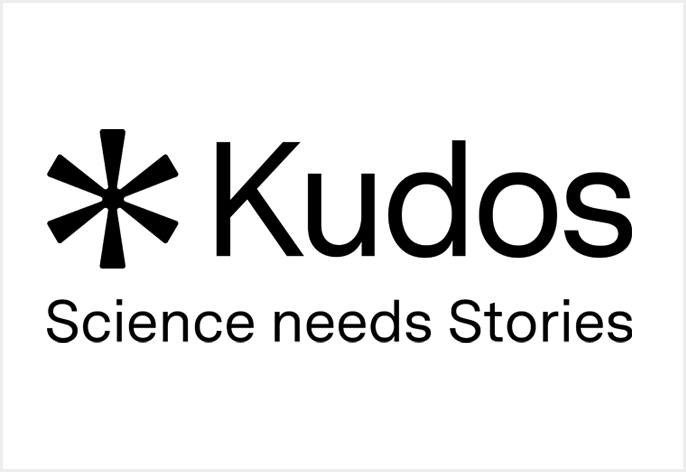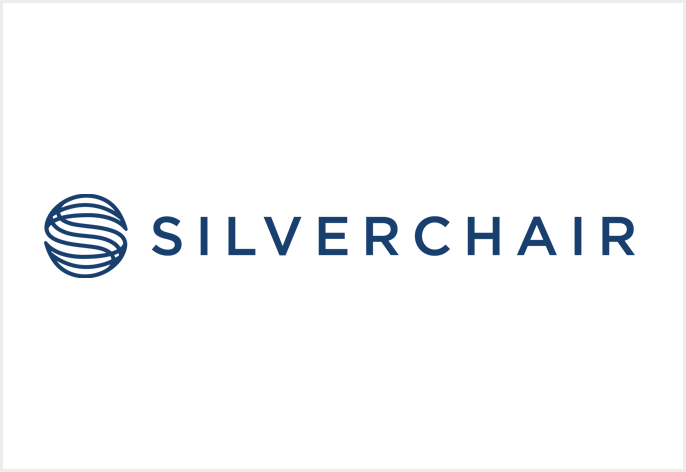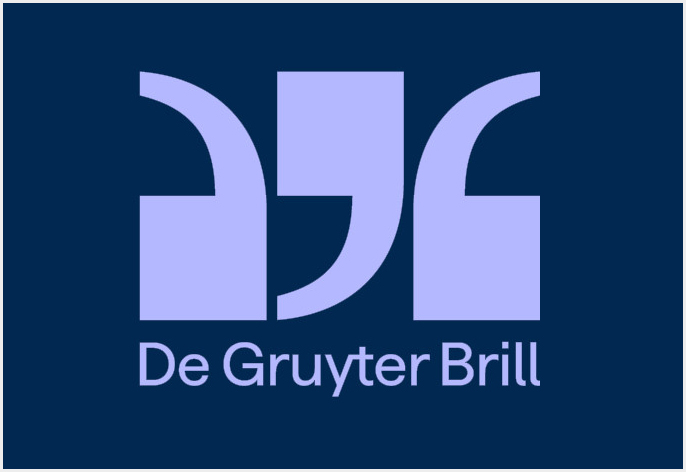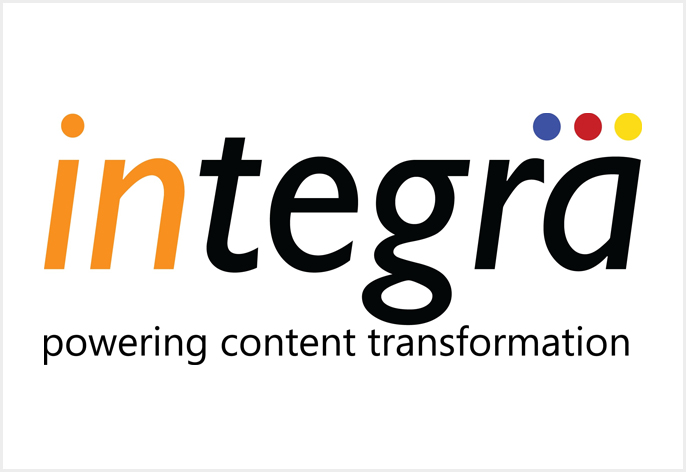New generative AI tool on ScienceDirect, the world’s largest platform for peer-reviewed research used by millions of researchers each day, saves half of literature research time, supports better outcomes
Elsevier, a global leader in advanced information and decision support, today launches ScienceDirect, a cutting-edge generative AI tool for researchers. It is designed to transform the way researchers work by enabling them to instantly extract, summarize and compare trusted insights from millions of full-text articles and book chapters on ScienceDirect, the world’s largest platform for trusted, peer-reviewed research.
Researchers grapple with an ever-growing and overwhelming volume of information and need to quickly get accurate insights they can rely on. Studies show that they spend 25%-35% of their time sifting through literature. ScienceDirect AI helps address this challenge by drawing on the broadest and deepest content set of millions of peer-reviewed full-text research articles and book chapters to generate instant accurate summaries and highlight key findings, while providing references to support reproducibility and integrity of research.
Broadest and deepest verified content set with power of generative AI: ScienceDirect AI surfaces insights from the world’s largest corpus of peer-reviewed full-text articles and book chapters.
Traceable claims, rooted in the scientific record, shown in context: Traceability and reproducibility of information are vital for research integrity. To ensure reliable insights that can be replicated, ScienceDirect AI provides clear links to sources of information and claims, including exact passages within research articles, offering the option to explore further.
Responsible AI: ScienceDirect AI is purposefully built to ensure accuracy and reduce the risk of hallucinations and biases. Users can transparently see how the tool reaches answers.
Developed with and for researchers: Over 30,000 researchers and librarians from 70 universities and R&D intensive corporations globally helped test and develop ScienceDirect AI. Building on the feedback received, the tool can save 50% of time spent on literature research and help to enhance their research.
ScienceDirect AI includes the following features:
Users can search and get answers from within the full-text of 14 million articles and book chapters, using their own words to describe what they need and why. ScienceDirect AI will search across the millions of documents in its index to provide a Summary Response with references, Source Snippets for each reference and short Related Insights summaries, while linking back to the original document.
This conversational feature answers questions about the content of a specific full-text article or book chapter and allows researchers to ask further questions of the document. Users can click on references within the summaries to jump to locations in the article where the answer comes from, it also suggests research questions.
Comparing and synthesizing literature can be very time consuming. ScienceDirect AI’s unique Compare Experiments tool takes a set of articles and creates a table breaking down each experiment within them, drawing out the key aspects of each including goals, methods, results.
Judy Verses, Elsevier President of Academic and Government Markets, said: “Feedback from users worldwide suggests ScienceDirect AI could be a game changer for researchers who are grappling with information overload and want to get accurate insights they can rely on, fast. ScienceDirect is the platform of choice globally for millions of researchers, so this new generative AI tool will seamlessly integrate into their current ways of working, enabling them to dedicate more time to research and achieve results. We are committed to working with researchers to continually develop innovative solutions to help them advance science and human progress.”
Matías Montero, PhD Student in the Department of Education, University of Oxford, who has taken part in ScienceDirect AI testing, said: “I’ve been thinking about how much time ScienceDirect AI has saved me lately. I estimate with all the core features I use – search, reading assistant, and uploading and querying my own PDFs – I’m saving about an hour each day on my research workflow. It’s very valuable! It lets me dive deeper into reading relevant, important papers and dedicate more hours to writing, instead of getting lost in search or manually pulling out key takeaways.”
Professor Paulo Botelho Pires, from the Accounting and Business School at Porto Institute, who has taken part in ScienceDirect AI testing, said: “ScienceDirect’s AI tool has transformed the way I work. Amidst an ecosystem with AI tools that hallucinate or provide false information, this tool stands out for its precision. The quality of information I receive spares me hours of search. Its effectiveness has allowed me to expand the scope of my research projects, investigate more diverse lines of research and produce superior work.”
Elsevier is partnering with the research community to develop solutions that help researchers more easily discover, analyze and synthesize research using trusted content powered by responsible AI. Scopus AI, launched in January 2024, draws on Scopus’ curated collection of research data and abstracts from over 7,000 publishers globally. Like a telescope, Scopus AI provides a broad view of the full research landscape and helps to make interdisciplinary connections to support strategy and planning. ScienceDirect AI is complementary, providing a microscopic deep-dive into millions of full-text articles and book chapters, for detailed analysis. By integrating its high-quality trusted content and data with responsible AI across its platforms, Elsevier aims to help advance science, to advance human progress.
ScienceDirect AI was developed in line with Elsevier’s Responsible AI Principles and Privacy Principles to ensure the highest standards of data privacy and security. ScienceDirect AI’s use of third-party LLMs is private, no information is stored or used to train public models, and all data is stored in a protected and private environment exclusive to Elsevier. ScienceDirect is ISO27001compliant. For more than a decade, Elsevier has been using AI and machine learning technologies in its products combined with its unparalleled peer-reviewed content, extensive data sets and sophisticated analytics to help researchers, clinicians, students and educators achieve their goals.
ScienceDirect AI is available to purchase now for customers. For further information and contact details, please visit: http://elsevier.io/sciencedirect-ai






